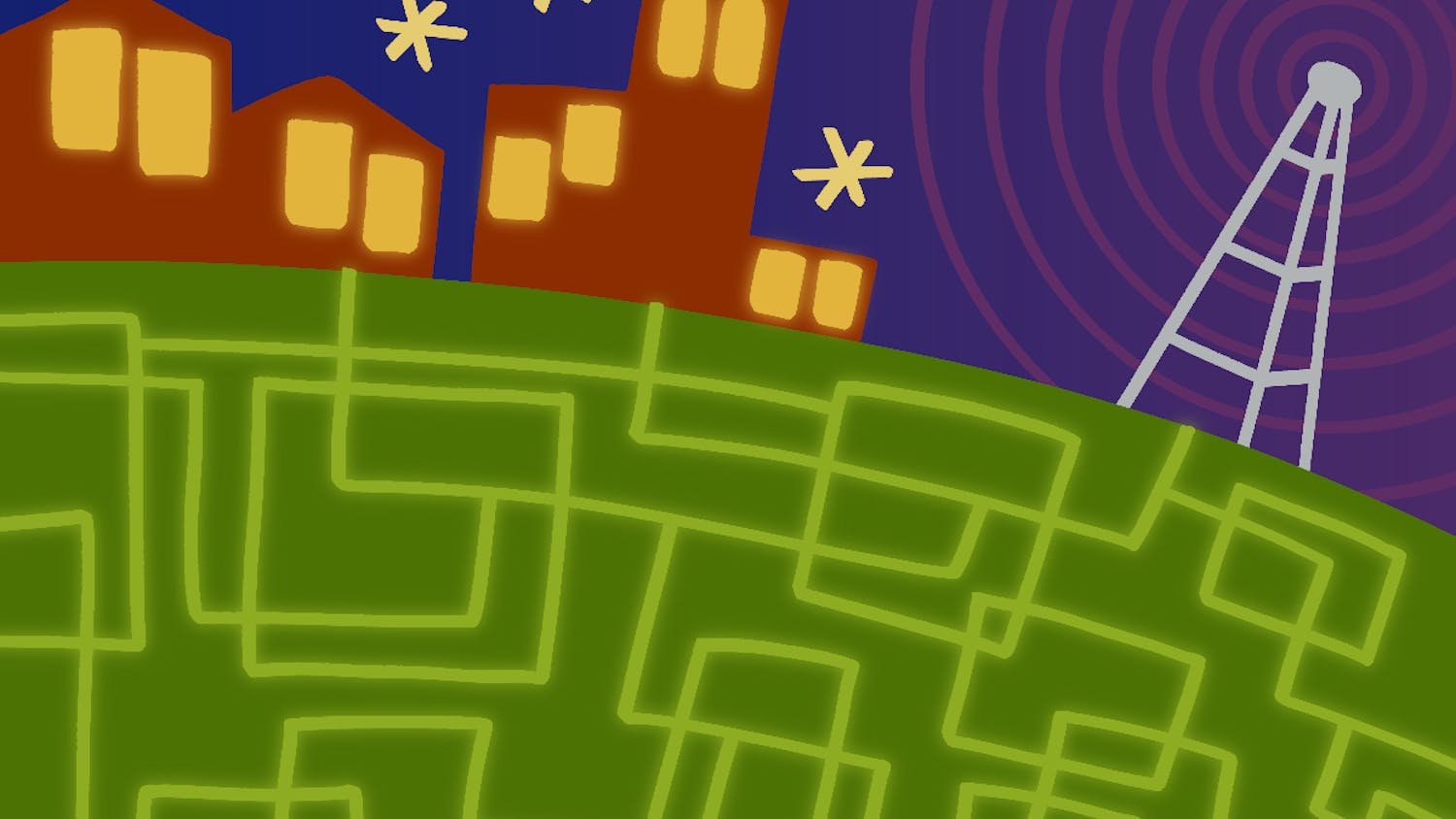I am sitting at my laptop, writing an article, playing the “Morning Murmur” track on Coffitivity and intermittently pausing to check my Facebook, email, Twitter and Tumblr.
Somehow I end up on Buzzfeed, reading about the 17 ways out of 25 that I relate to someone else, or Huffington Post, finding myself underwhelmed by an unsubstantial article with a catchy headline.
My phone is sitting next to my computer. It’s like my phantom limb that has an itch I can’t scratch. Every half hour or so I think I see its screen flash out of the corner of my eye, so I check it for an alert, only to find no new activity. When I am in public and hear someone else’s cell sound, it’s a siren song compelling me to check my own.
But despite my relationship with technology, I am not addicted to it.
It doesn’t interfere with my living a “normal” life. I don’t feel “withdrawal symptoms” when I am away from it. And I do not have people in my life complaining about my behavior and planning interventions.
If I did exhibit such behaviors, it may indicate an addiction to alcohol, drugs or yes, the Internet, according to Joanne Cantor, a professor emerita at the University of Wisconsin-Madison, who specializes in the effects of digital technology.
Cantor said in an email she doesn’t think we should give up on the Internet entirely.
“We … have to learn how to use it wisely so that it doesn’t interfere with important things in the rest of our lives, like work, sleep, and good relationships,” she said.
Other countries, like Japan, have noticed their young populations have an unhealthy dependence on the online world and have decided to take an unconventional approach.
Japan’s government is planning to hold Internet “fasting” camps staffed by education experts who will help children unplug from their digital devices and reconnect with reality, according to The Daily Telegraph.
The action is a response to a study estimating that more than 500,000 Japanese children between the ages of 12 and 18 are believed to be addicted to the Internet.
The Ministry of Education intends to implement its initiative in the next fiscal year to get young people off of their computers, mobile phone and gaming devices.
The fasting retreats will include a steady diet of outdoor activities at public facilities where campers will have no access to the Internet. Psychiatrists and clinical psychotherapists will be on staff to aid in the transition process.
The initiative basically sounds like a routine trip to summer camp for a bookworm. One is socially pressured to keep the books packed and abandon the comfort of fictional worlds to join others in “real” life.
I imagine these fasting camps are going to be like getting a whole bunch of introverts together who are all suffering from withdrawal and trying to get them to interact with one another in perennially awkward activities like trust falls and Twister.
But children in Japan are not the only ones who are showing signs of too much face time with glowing screens.
In the U.S., reSTART, the first addiction recovery program for Internet addiction disorder, opened its doors in 2009, according to a news release. The 45-day program is aimed at helping adults disengage from the Internet and learn how to lead balanced lives.
However, it may be a while before addiction fasting camps catch on like sushi.
“The digital diet camps and retreats (in the U.S.) are geared to older and … more affluent adults because they cost a fair amount of money to do them,” said David Greenfield, founder of The Center for Internet and Technology Addiction and author of www.virtual-addiction.com.
He said there is nothing like Japan’s publicly funded camps targeted toward young people here in the U.S.
Internet addiction disorder is not even included in the American Psychiatric Association’s Diagnostic and Statistical Manual of Mental Health Disorders, though Internet gaming disorder is identified in the manual, but it needs more clinical research to be considered a formal disorder.
A version of this story ran on page 10 on 9/5/2013 under the headline "Back away from that cellphone — you could be Internet-addicted"





